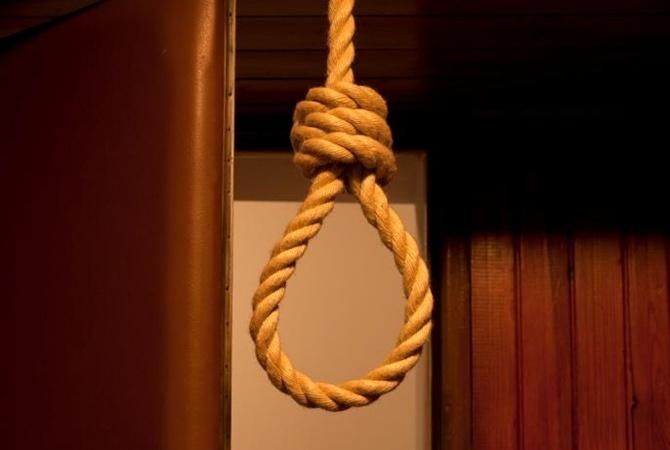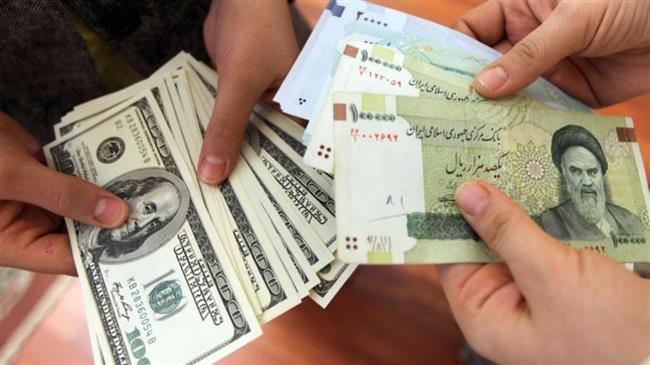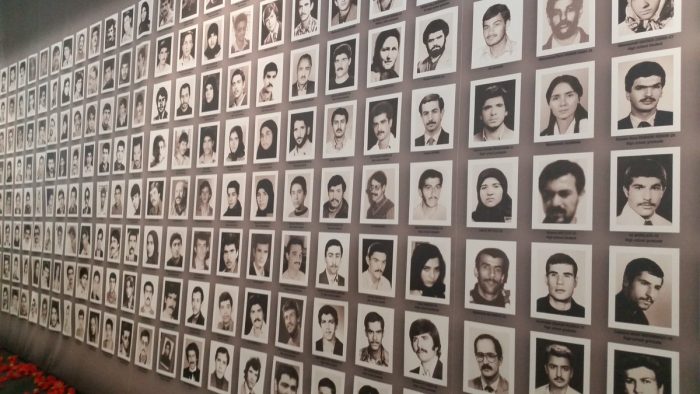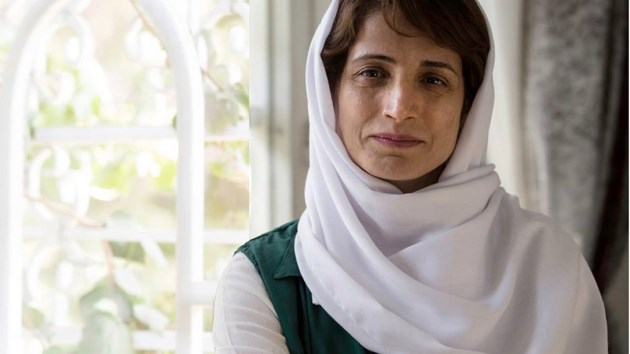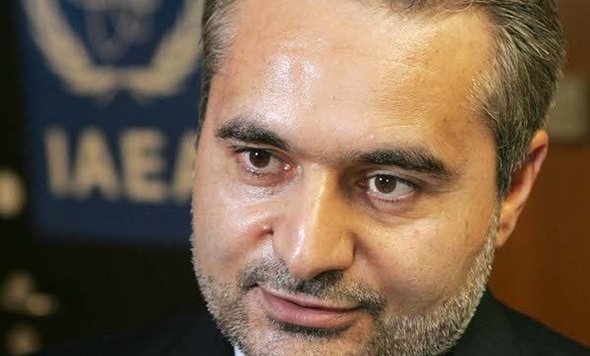
New Year’s Eve filled the social media airwaves around the world as millions of revelers shared pictures and videos of fireworks, champagne toasts, concerts and the inevitable cute pet pictures.
The memes, viral videos and emojis have become a global fixture as recognizable as the crystal ball dropping in Times Square.
And just as predictable, the Iranian regime kicked off 2019 by moving to ban Instagram – adding to its already considerable list of banned social media platforms – in the name of national security concerns.
The regime’s National Cyberspace Council approved steps to block the popular photo-sharing app in a move following similar crackdowns against Twitter, Facebook, YouTube and Telegram with internet providers ordered to block access to these services.
Resourceful Iranians however have often been able to evade the restrictions through the use of virtual private networks which redirects to overseas internet addresses; bypassing local blocks.
The irony of the regime’s move to block Instagram comes as President Hassan Rouhani posted his own messages on his own Instagram account which has over two million followers.
Regime officials similarly use banned social media apps such as Twitter to communicate to the outside world even though ordinary Iranians may face jail time for using them. Even top mullah Ali Khamenei has an official Twitter account.
The move to block Instagram removes the last major social media account still active in Iran. Even though the regime cited “national security” concerns.
The protests swelled and were soon joined by other protests aimed at government corruption, the stagnant economy and the endless cycle of wars and terrorism plaguing the country since the mullahs opted to go all-in to support the Assad regime in Syria.
Even innocuous acts such as Iranian women riding bicycles in open defiance of the mullahs’ edicts became fodder for Instagram stories and a constant sore spot for the regime.
The regime had previously tried targeting individual Iranians with high-profile Instagram followings.
The regime TV special showed them all tearfully repenting their actions in what can only be deduced as coerced confessions.
Apparently, those strong-arm tactics didn’t work, which points up a growing problem the mullahs are having which is the widening age gap in Iranian society and the technological savvy of Iran’s young people.
Even as Twitter has been banned, it’s use has remained at center stage recently as ongoing protests over a bus crash at Tehran’s Azad University killing 10 students have been fueled and covered on Twitter.
A video on Twitter showed students at a campus in Tehran chanting slogans and demanding the resignation of the chairman of the university’s board of trustees, Ali Akbar Velayati, an aide to supreme leader Ali Khamenei.
Social media had been utilized by Iranians and dissident groups to convey images and videos of protests and crackdowns within Iran, which explains the most recent efforts to expunge social media, another repressive measure to prevent the flow of information from Iran.
More than half of Iran’s 82 million people are under 35 years old with almost 40 percent under the age of 24; a staggering baby bubble that poses problems for a ruling elite well in their geriatric age.
In many
Laura Carnahan
